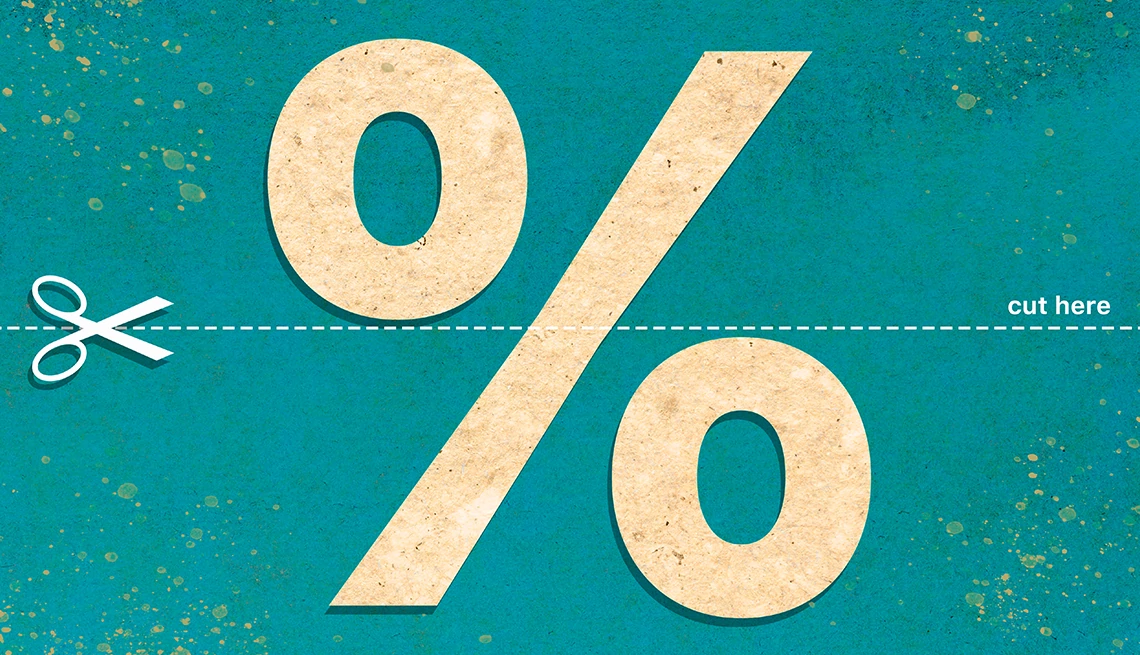Winners and losers of the fed’s rate cut
Winners and losers of the fed’s rate cut"
- Select a language for the TTS:
- UK English Female
- UK English Male
- US English Female
- US English Male
- Australian Female
- Australian Male
- Language selected: (auto detect) - EN
Play all audios:
“Retirees on average have some savings and Social Security,” says Jeffrey Bergstrand, a professor of finance at the Mendoza College of Business at the University of Notre Dame and a former
economist at the Federal Reserve Bank of Boston. “If I’m a retiree and I hold a money market account earning half of a point less annually, that is a significant amount. So the responses of
the retiree whose income is going down are to spend less, which is difficult, or look at alternative investments, which could be bonds or stocks.” These diminishing returns are likely to
get worse in the months to come. Policymakers predict another two rate cuts in 2025, at 0.25-percentage points apiece. If your money is parked in a savings account, CD or money market
account and you foresee a shortfall, cutting your discretionary spending could help. Getting a part-time job can also generate some extra income. The silver lining: Savings account rates
aren’t going to fall off a cliff tomorrow. So don’t cash out your accounts and stick the money under a mattress. Now may also be a good time to consider stocks or bonds, which tend to
perform well when the Fed reduces rates. “You don’t want to wait until the music stops playing to make a move,” says David Blanchett, head of retirement research at the investment firm PGIM
DC Solutions. “I think core bonds could make a lot of sense. When interest rates fall, prices of bonds rise. There could be an increased return in the near future.” FRAUD VICTIMS Retirees
are a big target for scammers, who try to trick older adults into giving money or sharing sensitive information like passwords and bank account numbers. Fraud targeting retirees could tick
up in the coming months, Collinson warns. “Retirees need to be hyper, hyper vigilant about potential scammers,” she says. “Whenever there’s a major shift in the marketplace, it is an
invitation for scammers to attempt to exploit it.” Be wary if you receive investment or refinancing offers that sound too good to be true, says Collinson. One key way to avoid being
victimized: Don't engage. You are under no obligation to respond to calls, emails or texts from strangers. If you get a call from a number you don't recognize, let it go to
voicemail. If you have an iPhone, you can automate this: Add the phone numbers for your family, friends, doctors and other important people to the Contacts app, then go to Settings, Apps
and, in the Phone app, turn on Silence Unknown Callers. This will send any caller who isn’t in your contact list directly to voicemail. If an unknown caller does get through, err on the safe
side and tell them that you don’t do business over the phone, then hang up. If they claim to be from your bank, credit card issuer, utility provider or some other company you do business
with, hang up and call the company directly, using a customer service line you know to be legitimate, and ask if they are trying to get in touch with you. CREDIT CARD HOLDERS Given how high
credit card interest rates are — around 20 percent on average — the Fed’s recent rate cut isn’t going to make much of an impact. Banks and credit card issuers are quick to raise rates but
slower to reduce them. It will likely take more rate cuts to see a meaningful impact. Focus on paying down any credit card debt you are carrying and consider transferring it to a balance
transfer card with a lower interest rate.
